People
Holly A. Taylor, Ph.D.
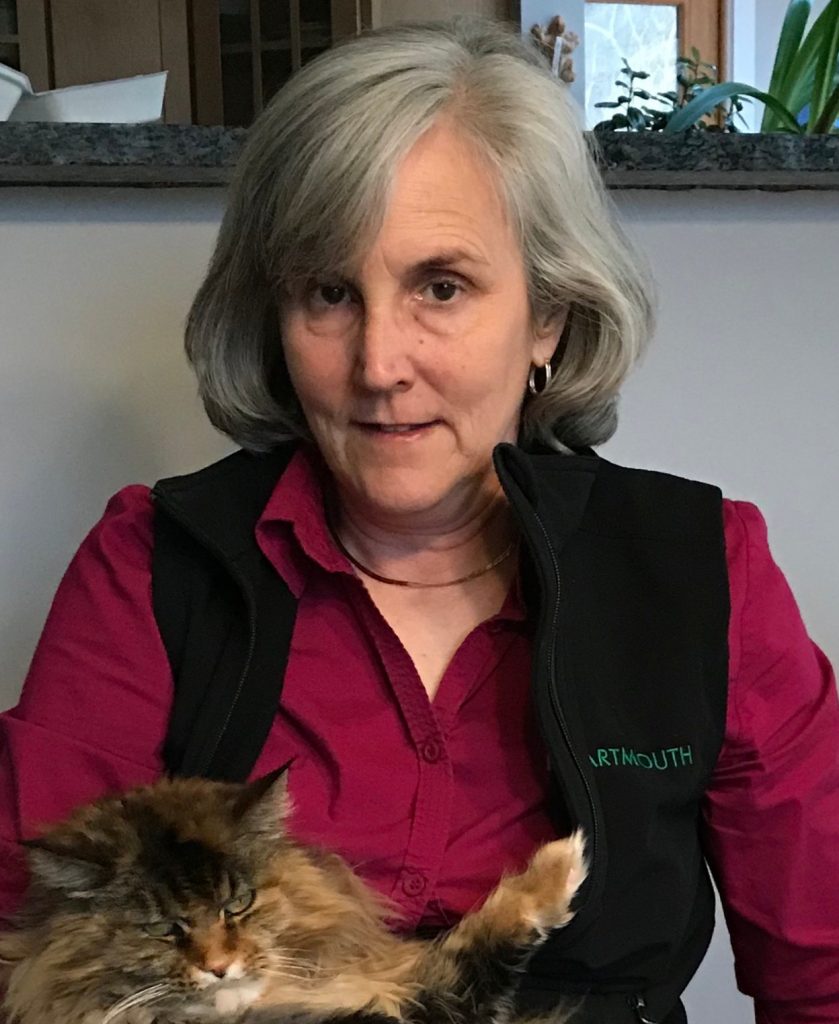
Professor, Psychology
Professor, Mechanical Engineering (secondary)
Co-Director, Center for Applied Brain & Cognitive Sciences (CABCS)
Holly received her Bachelor’s degree in mathematics (1987) from Dartmouth College and her Ph.D. in Cognitive Psychology from Stanford University (1992). She has been a faculty member at Tufts since 1994. She seeks to build interdisciplinary collaborations, as evidenced by her leadership for CABCS.
Graduate Students (listed by seniority)
Sydni Nadler
Sydni graduated from The George Washington University’s Honors Program with a B.A. in Psychological & Brain Sciences and Criminal Justice. As an undergraduate, Sydni was awarded a Luther Rice Undergraduate Research Fellowship and conducted research as a member of the GW Visual Cognition Lab including her Honors Thesis. Following graduation, she spent a year working as a Junior Lecturer at Johns Hopkins University and taught a number of undergraduate courses focusing on cognition and the brain. Sydni is broadly interested in the role individual differences play in cognitive performance and how these may play out in an applied setting.
Hannah Hart-Pomerantz
Hannah graduated from the University of California, Santa Cruz with a B.S. in Cognitive Science. As an undergraduate, she worked as a research assistant and lab manager in Dr. Nicolas Davidenko’s High Level Perception Lab. Following graduation, she spent a few years working as a senior research coordinator at the Center for Applied Brain and Cognitive Sciences at Tufts University. In this role, she had the opportunity to work on a variety of projects in collaboration with principal investigators from Tufts and the DEVCOM Soldier Center examining different ways to measure, predict, and enhance cognitive capabilities for individuals in high stakes environments. Hannah is broadly interested in understanding how stress, cognitive load, and non-invasive neurostimulation impact cognition and decision making, and how this can be applied in real-world settings.
Senior Thesis Student (2024-2025)
Abigail Miller
Abigail is a junior at Tufts University planning to major in Cognitive and Brain Sciences, and minor in Child Studies and Human Development. She is interested in spatial memory, and if autonomous decision (as opposed to having a program make the decisions) making facilitates memory retention. She is also interested in the relationship in diminished depth-perception abilities and spatial working memory. Fun fact: Abigail has a love/hate relationship with ducks.
Undergraduate RAs (Fall 2024, alphabetical)
Emma Bussolo
Emma is a Junior at Tufts University majoring in Biopsychology with a minor in Art History. She is interested in understanding how different lifestyles might affect our emotions and mental health. Specifically, she is interested in understanding how different environments might affect our cognitive functioning. At Tufts she is a part of the ski team and a fun fact about her is she is trilingual!
Cynthia Chao
Cynthia is a sophomore at Tufts University, double-majoring in Cognitive and Brain Sciences and Computer Science. She’s passionate about improving the lives of patients with neurodegenerative disorders, focusing on navigational aids to promote independence. She’s eager to explore how spatial memory enhances learning and how tools like navigational aids affect spatial abilities and visualizations. Outside of academics, Cynthia loves traveling, drawing, and spending time with friends. Fun fact: She has three adorable cats that keep her entertained! 🐱🐱🐱
Andrew Clossey
Andrew is a sophomore at Tufts majoring in Engineering Psychology and minoring in entrepreneurship. He is intrigued by how humans perceive, navigate, and interact with their spatial environments. He joined the lab to further investigate problems in education and human performance through a deeper understanding of spatial cognition. Fun fact: His favorite food is chicken enchiladas.
Michael Glueck
Michael is a sophomore at Tufts studying psychology. He is excited to learn more about the effects of priming and emotional arousal on cognitive control, particularly in spatial awareness and navigation. Fun fact: he has a newfound obsession with spike-ball and squash.
Alex He
Alex is a junior at Tufts University majoring in Cognitive and Brain Sciences. He is particularly interested in how the brain constructs and adapts mental models, especially in the context of spatial information. By joining the lab, he hopes to learn how various cognitive processes interact to shape our spatial understanding. Fun Fact: He enjoys playing electric guitar!
Alexa Libbey
Alexa is a Tufts senior studying Engineering Psychology and Women, Gender, and Sexualities Studies. She’s interested in spatial memory and ways we can design using spatial psychology. Outside of classes, she loves sewing and spending time outside.
Christina Ma
Christina is a senior at Tufts, majoring in Psychology and Art History. She is interested in cognitive functioning in spatial environments and the thought processes involved in making navigational decisions. She is also interested in the role of stress and anxiety in cognitive processes. Fun fact: She learned the chips trick from Le Chiffre in Casino Royale.
Gabe Stein
Gabe is a sophomore at Tufts studying Biopsychology on a pre-med track. He is particularly interested in understanding how our memory works, especially relating to navigation. He joined the lab to explore how spatial cognition can enhance the quality of people’s lives, while also gaining a deeper insight into the mechanisms of memory. Fun fact: His birthday is on New Year’s Eve!
Lab Alumni
Lauren Mason, Ph.D.
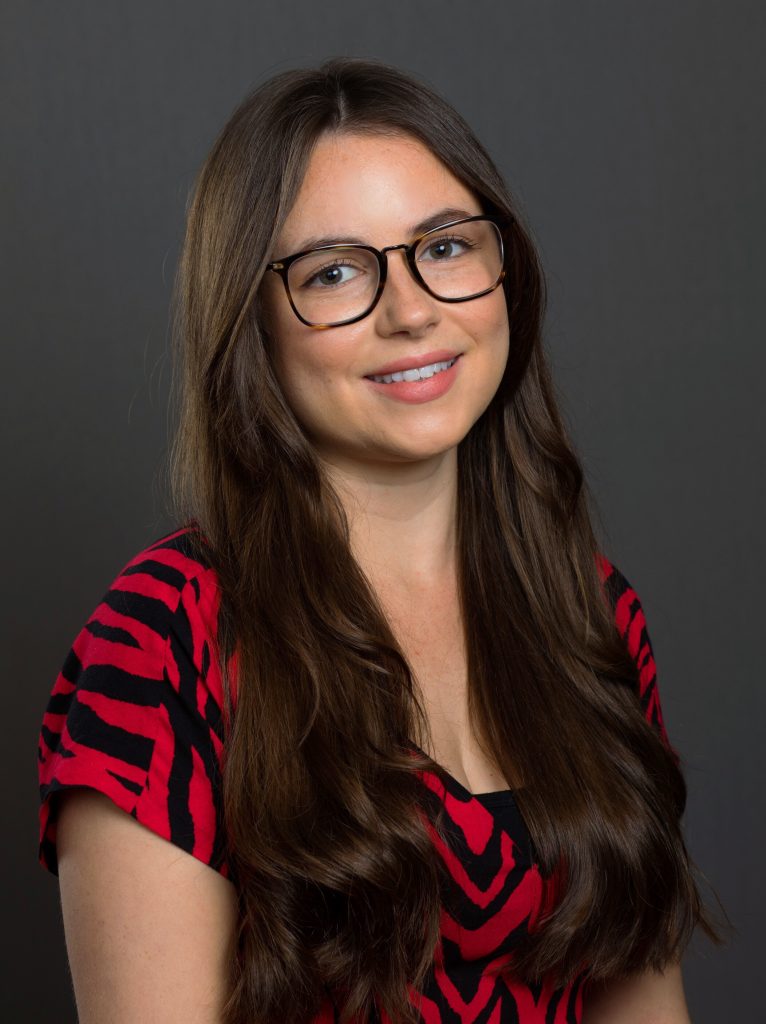
Lauren graduated from San Francisco State University with a B.A. in Psychology and Holistic Health. While there, she worked in a Language Attention and Cognitive Engineering lab, where she conducted an honors thesis on autism traits, executive functions, and exercise. She also conducted research in a lab for Applied Psychophysiology and Biofeedback, where she studied the relationship between physiology and cognitive functioning. Currently, she is interested in the intersection between spatial cognition, metacognitive and self-regulatory strategies, and performance optimization. In the future, she looks forward to conducting research which advances the field and concurrently provides positive impacts for society.
Christopher Dudas-Thomas, Ph.D.
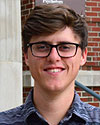
Christopher received a B.A. in Psychology, with a Philosophy minor from San Francisco State University, as well as an MSc in Cognitive Science from University of Edinburgh. He expects to complete his PhD in Cognitive Science and Experimental Psychology in 2020. He investigates mental representations of space, how navigational technology impacts spatial cognition, and the way interactive technology mediates peoples’ engagement with the world. He received his PhD. in 2021.
Ruizhi Dai, Ph.D.
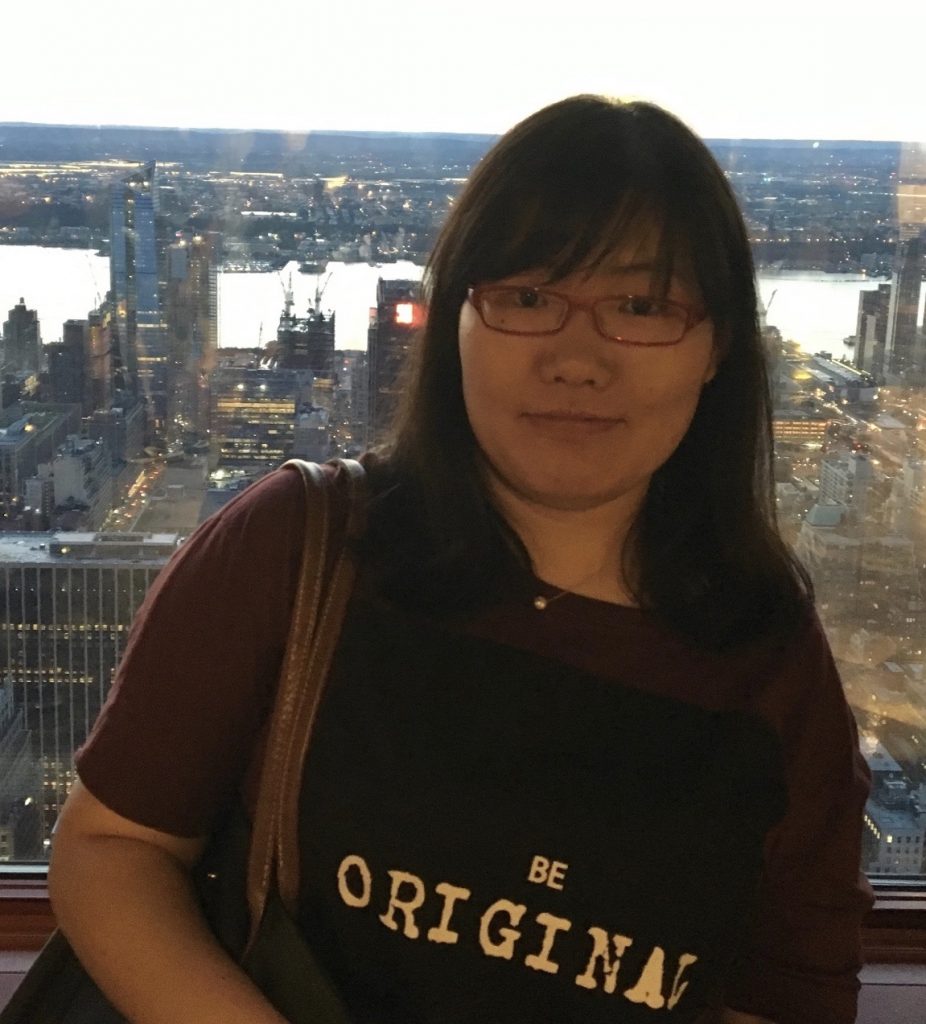
Ruizhi graduated from Chongqing Technology and Business University, China, with a bachelor’s degree in applied physics. She worked as a research assistant at Peking University after graduation, investigating the effects of thinking styles on Chinese employee’s creativity. In the lab, she explored visuospatial working memory, divided attention, and the environment learning. She received her Ph.D. in 2020. Her dissertation work explored metacognitive control in environment learning.
Aleksandra Kaszowska, Ph.D.
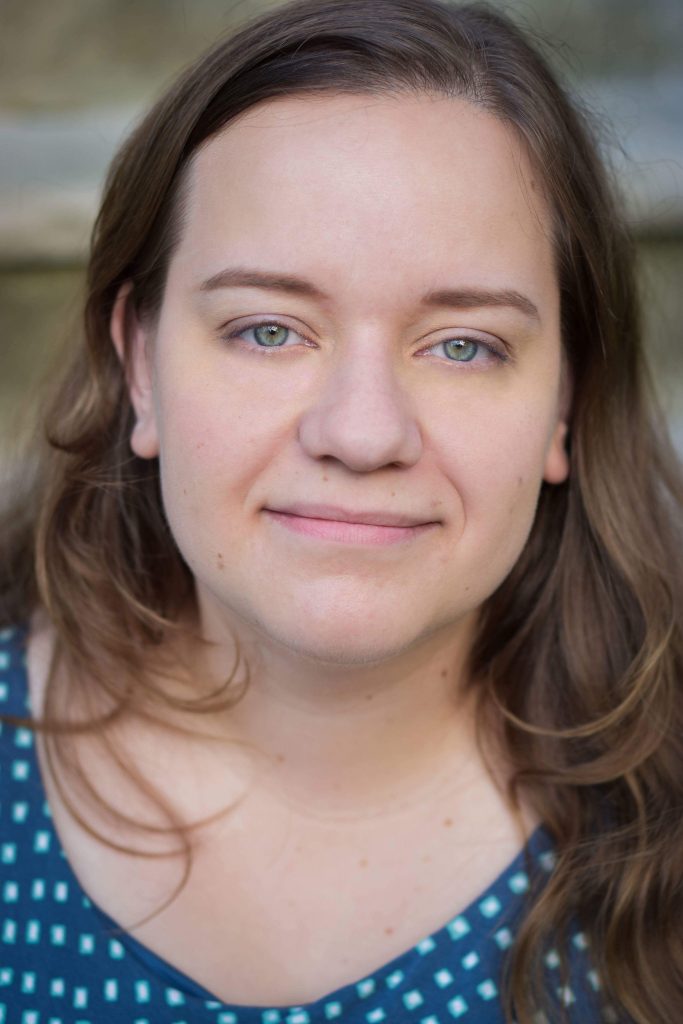
Aleksandra graduated in 2019 with a joint PhD in Psychology and Cognitive Science. In her research, she used eye tracking to study individual and strategy differences employed during map learning, spatial and statistical problem solving, and engineering design, and explored approaches for processing and analyzing concurrent eye tracking and think aloud recordings. Aleks’ dissertation investigated how engineers approach and resolve technical limitations they encounter while designing novel tools for manual and robotic use.
Aaron Gardony, Ph.D.
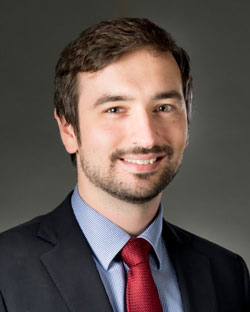
Aaron received his joint Ph.D. in Cognitive Science and Psychology from Tufts University in 2016. His graduate work focused on basic and applied research topics in spatial cognition, including how navigational aid use (i.e. GPS) impacts navigation and spatial memory and how individual differences and cognitive strategies contribute to mental rotation. Aaron is presently a Cognitive Scientist at the U.S. Army CCDC Soldier Center. In this capacity, Aaron is investigating bi-directional impacts of mixed reality (AR/VR) technologies and cognition.
Heather Burte, Ph.D.
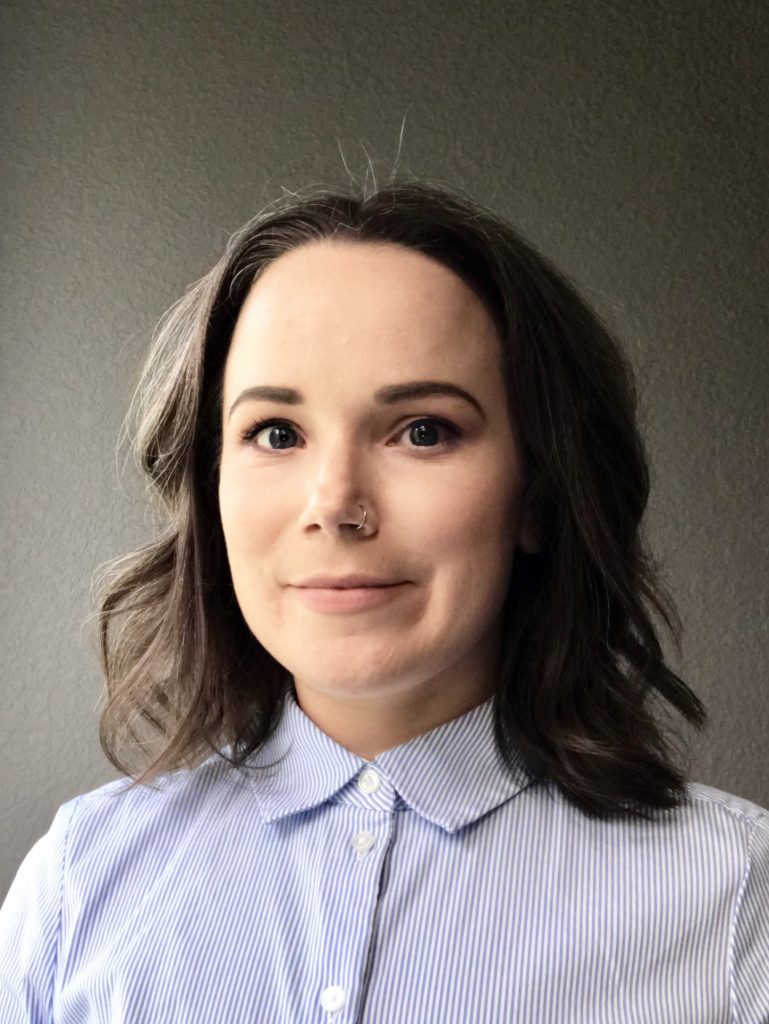
Heather is a Research Assistant Professor in the Department of Psychological and Brain Sciences at Texas A&M University. Dr. Burte’ Spatial Thinking and STEM Learning lab researches the connection between individual differences in spatial thinking and STEM learning, using those connections to develop assessments and interventions. The lab focuses on spatial skills and strategies in three areas: college students learning physics, elementary students learning math, and sense-of-direction in navigation.
Before working at A&M, Dr. Burte worked as a Research Scientist at the Learning Innovation and Networked Knowledge (LINK) Research lab (University of Texas at Arlington) and as a post-doctoral scholar in the Spatial Cognition Lab (Tufts University). She completed her Ph.D. in the Department of Psychological and Brain Sciences and her Masters in the Geography Department at the University of California-Santa Barbara.
Qi Wang, Ph.D.
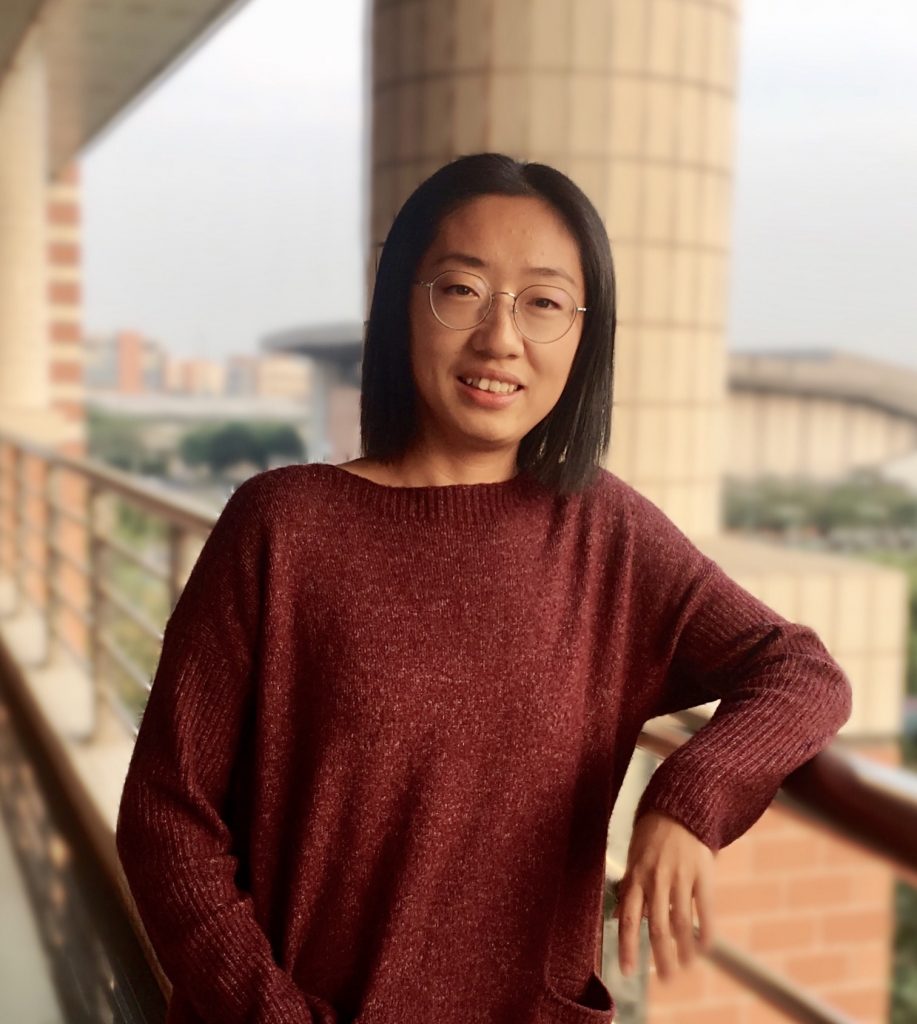
Qi received her Ph.D. in experimental cognition from Tufts University in 2013. She presently is an associate professor in the Department of Psychology at Sun Yat-Sen University, China. Qi has a wide interest in the field of spatial cognition and application, as her publications involve in spatial memory, attention, spatial representation, development of spatial cognition, navigation, and theory of mind. Her research now particularly focuses on spatial decision making and applied spatial cognition. Qi loves history books, music, movies, and various maps!
Tad Brunyé, Ph.D.
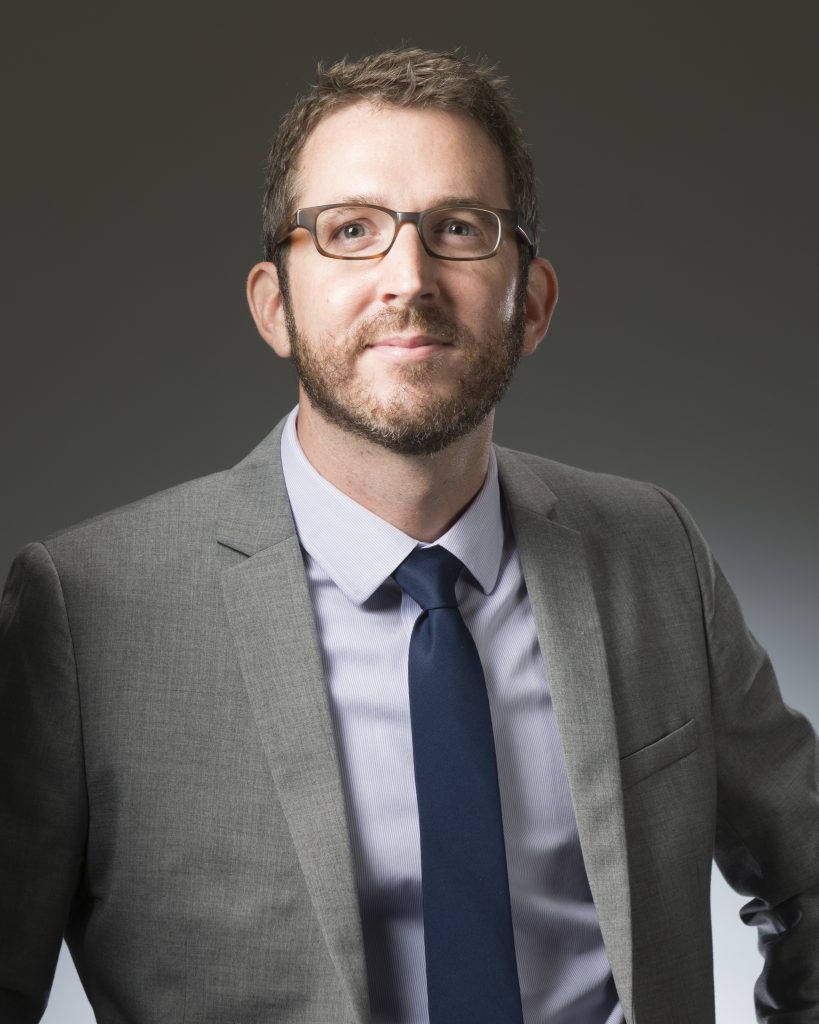
Tad received his BA in psychology from Binghamton University in 2002, and both his M.S. (2004) and Ph.D. (2007) in experimental cognition from Tufts University in 2007. He presently is a Senior Cognitive Scientist for the U.S. Army Combat Capabilities Development Command Soldier Center in Natick, MA, a Visiting Associate Professor here in the Department of Psychology, and a Scientific Manager at the Center for Applied Brain & Cognitive Sciences. He holds over 120 publications in spatial memory, navigation, attention, working memory, spatial language and discourse comprehension, multimedia learning, educational system design, and spatial visualizations. Methods employed in his investigations include eye tracking, electromyography, functional near-infrared spectroscopy, electroencephalography, and traditional behavioral measures. Dr. Brunye consults on multiple NIH (NCI) grants related to medical expertise development and diagnostic decision-making, and he and his wife operate a marketing and product advisory company. In 2011, Dr. Brunye was awarded the Presidential Early Career Award, the highest honor bestowed by the U.S. government upon scientists and engineers in the early stages of their career; just as importantly, he got to meet president Obama! Email: tbruny01 (at) tufts.edu
A. Reyyan Bilge, Ph.D.
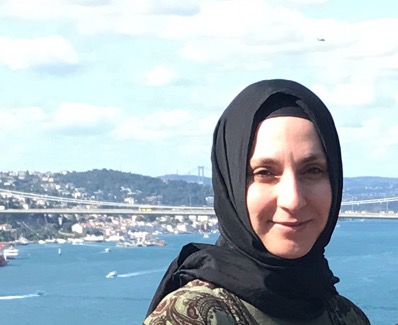
Reyyan has been an Assistant Professor of Psychology at Istanbul Şehir University since 2014 and Department Chair since 2016. She obtained her Ph.D. in Experimental Psychology from Tufts University in 2009. After graduation she worked in the Spatial Cognition Lab and taught at Worcester Polytechnic Institute (WPI). Reyyan founded the Cognitive Pscyhology and Neurotechnology Lab at Istanbul Şehir University. Her research revolves around two areas: spatial cognition and memory processes. In spatial cognition, she is working on representing small- and large-scale spatial information and spatial thinking styles. In her memory research, she has various ongoing projects on the formation of false and flashbulb memories, as well as autobiographical memories. Reyyan is a native of Turkey, currently resides in Istanbul with her spouse and two kids.
Caroline Mahoney, Ph.D.
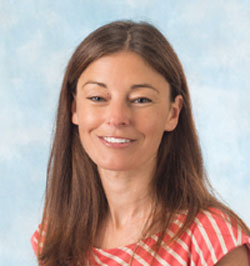
Caroline received her Bachelor’s degree in psychology from Denison College in 1997, her Ph.D. from Tufts University in 2002, and was first a cognitive scientist, then a team leader, and now branch chief at the U.S. Army CCDC Soldier Center. As a scientist, Caroline is an expert in cognitive performance, nutrition and behavior, and interactions between physiological and cognitive workload. In addition to her work, she enjoys running and spending time with her husband and daughters.
David Rapp, Ph.D.
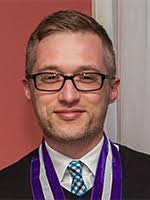
David is Professor in the Department of Psychology and in the School of Education and Social Policy, and a Charles Deering McCormick Professor of Teaching Excellence, at Northwestern University. His recent research examines the consequences of exposure to inaccurate information, with work funded by the National Science Foundation and the Institute for Education Sciences. His recent books include the co-edited volumes Processing Inaccurate Information: Theoretical and Applied Perspectives from Cognitive Science and the Educational Sciences, and The Handbook of Discourse Processes, second edition. He currently serves as Editor of the journal Discourse Processes. He did research in Tufts’ Spatial Cognition Lab earlier in his career as a post-doctoral scholar.










